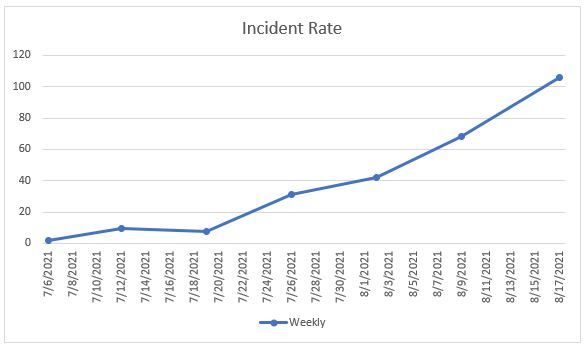Kentucky U.S. Representative Ed Whitfield called the meeting, which was attended by County Judges Chris Lasher and Wade White of Livingston and Lyon Counties, along with Tennessee Rep. Jim Cooper and U.S. Senator Lamar Alexander. They met with Major General Michael J. Walsh of the Corps of Engineers, hoping to convince him to allow them be involved in a common-sense plan at the dams, rather than the permanent restrictions the Corps announced in January.
In a conference call after the meeting, Alexander said, "These are some of the most important fisheries anywhere in the United States. Most of the time, they are absolutely safe. They're so safe that our state wildlife agency doesn't plan to even try to enforce the rules that the Corps of Engineers is proposing."
Alexander added that Tennessee Wildlife Resources testified that the plan is a "drastic alteration" that is "completely unnecessary" to keep fisherman out of the area. He tressed that the dam is not safe when it is spilling, but this is a very small percentage of the time, so it's not necessary to restrict all access. He thinks the Corps should include Fish and Wildlife officials and local government in creating a safety plan that's as good, if not better than their current plan.
As the ranking committee member of Senate Appropriations Committee on Energy and Water, he is also concerned that the Corps will have to spend $2.7 million on the restrictions, possibly taking those funds from other projects.
Rep. Whitfield said there has been a plan for managing these waters since 1996, but now the Corps says that plan does not comply with its own regulations. He feels there is a better way to improve safety without permanent barriers.
"We hope that after meeting with us today, they are willing to work with our County Judges and the state wildlife authorities to try to work out a compromise, " Whitfield said.
He added that Kentucky Fish and Wildlife indicated that they would not enforce the proposed restrictions, either.
Alexander and Whitfield said that they were not promised anything at Tuesday's meeting by the Corps of Engineers, which lasted about 30 minutes.
White was pleased that he and Livingston County Judge Chris Lasher had the opportunity to present their arguments to Gen. Walsh. They reminded him that the Corps' data citing 14 drownings near dams was not truthfully presented, and in fact, all but one of the deaths occurred because fishermen were not wearing a flotation device properly, or at all.
Lasher said fish and wildlife officials recommended conditional restrictions, which would occur when the dams are releasing water.
"It includes things such as warning sirens, extra signage, potential to put things up on the bank that show you shouldn't go past this area when spilling is occurring, and enforce the use of life jackets when fishing. But they actually have an impeccable safety record, and we just want to work with them to improve that even further," Lasher said.
Economic impact was also brought up at the meeting, and Whitfield said the Corps is aware of the potential loss of tourism money to communities near the dams. White said in January that Lyon County could lose an estimated $4 million if the waters are restricted.
White said they did learn that an the Corps has set up an Interdisciplinary Team to consider every aspect of the plan. He said that team must include state and local governments that have a significant interest in it, so they will participate as much as they are allowed.
Alexander confirmed during the conference call that some dams already have signs installed that notify boaters that the areas are closed, but no permanent barriers have been built yet. Whitfield and Alexander promised that if the Corps ignores their pleas and moves ahead with its plan, they would begin working in the House and Senate to pass legislation to stop the restrictions, but that option could take a while.





